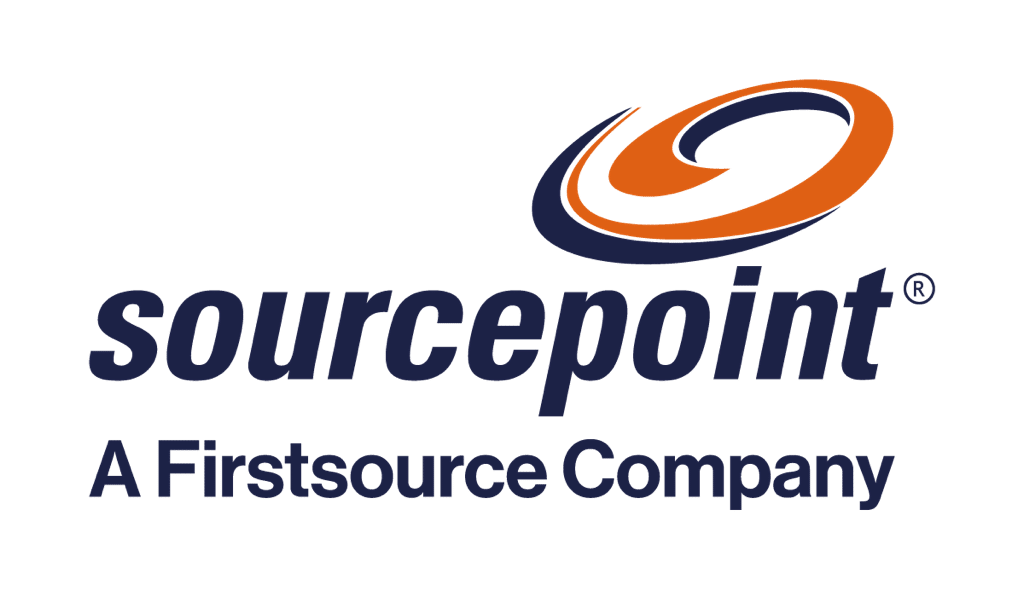Here we go again. The slowdown is a warning for the economy at large, and incumbents may have underestimated preparation for the economic “winter” ahead. The toughest season our industry has faced in a long time, is here. Mike Tyson said, “Everybody has a plan until they get punched in the face.” But how do you plan for an unprecedented event that throws everything at you, from everywhere, all at once? What is different this time compared to the Great Recession of 2008?
From our perspective, there are three distinctions: First, there is no contest – inflation is much worse in 2022 than it was in 2008—with the cost of housing and other necessities soaring. According to Blackrock Q4 2022 Global Outlook, “we’ve entered a new regime of higher macroeconomic volatility”. So, bringing inflation down, will come at a big cost to growth. Production constrains, labor market participation, and spending on goods still haven’t returned to pre-pandemic levels and that’s all because of supply. This is now driving the need for a deep recession to bring down inflation – that means crushing demand. In response, the Federal Reserve started a series of aggressive interest rate hikes at the fastest pace since the early 1980s.
The effect? Higher interest rates adversely impact affordability. There is currently little incentive for rate and term refinance for 85% of U.S. homeowners who have a rate below today’s level.
Another major difference is the shift in equity. In 2008, Americans had the least amount of equity in the history of time. Right now, homeowners are sitting on record equity and while that is driving demand for cash-out refinance and other equity linked products, it has some Americans hesitant to sell because they are afraid of losing their low interest rate if they move. 2008 was worse for real estate, even after accounting for the effects of inflation today. The housing market collapsed in 2008 because of record low equity and riskier mortgage products that few truly understood.
There is no doubt that the real estate market is experiencing difficulties as a result of rising interest rates and the difficult economic environment, still today, nothing is like it was before.
And the prevailing narrative in the mortgage industry today is one of accelerated change and creative destruction.
Market participants today have three objectives, in short order: (1) stop the bleeding, (2) maximize current revenue, and (3) market rally readiness.
More than cost-cutting; it’s a balancing act
So, this time around it’s not a simple cost-cutting exercise. We must ensure we have the required skills to close loans that are in demand as we right-size our workforce. And gains in efficiency cannot come at the expense of customer satisfaction. This is also a good time to evaluate the performance of business partners, most of whom are struggling with the same issues as the clients they serve.
This brings us to the subject of mortgage title and closing, something near and dear to my heart, as I have held leadership positions in several title services companies, guiding them through the 2008 market downturn.
Mortgage title services impact on the customer experience
The major mortgage title services brands turn quickly when they steer into market headwinds. They seem to slash headcount at the first sign of a declining market, even as their production pipelines are full of transactions from the months prior. Inevitably, production suffers, and lenders and realtors are left to explain to borrowers why their loans and purchases are not closing on time.
Times like these really test the stock in a lender’s relationship with its mortgage title company.
It’s time to reevaluate what we want from our mortgage title services provider, the one that delivers customer delight at a critical moment in the transaction. Are they capable of supporting us — or leading us — as we enter uncharted territory?
From experience, I know that the number one challenge operating a title company is maintaining sufficient staffing to meet service levels as market volume fluctuates. It is difficult for a title services provider in the face of a downturn to reacquire trained staff when activity rebounds. Managing staffing levels is a delicate balancing act in good times and a risky wager when markets turn.
So, as you rethink your mortgage title and closing provider relationships, what abilities should you look for in this market environment? Are some companies better equipped to deal with volume volatility than others? Are they innovation leaders or laggards?
Five must-have qualities your mortgage title company must demonstrate.
- The first requirement is maybe an obvious one; you want a partner with a geographic footprint that complements your own. If you envision becoming licensed in new states, take that into consideration. Don’t accept promises to expand geographically in the future, as there is a learning curve component to expansion (e.g., how to perform a proper mortgage title search in an expansion market) before a mortgage title company hits full stride in title production.
- Second, in an ideal world, you want a title company with the capacity to absorb your volume without missing a beat. This is more than a staffing issue; it also involves skillset. We’re coming out of a refi market where every loan was vanilla ice cream. This new market will be more complex: title and closing on non-QM, cash out, and purchase loans is significantly more involved. You want a partner experienced in more than cookie cutter refinances that is steeped in local title and closing protocols in all the priority markets you serve.
In the same vein, an experienced mortgage title company is capable of uncovering evidence of fraud during the mortgage title search process. Equipped with knowledge of local market practices, a competent title and closing partner can spot questionable actions like excessive open orders, suspect legal descriptions and multiple filings by parties to one transaction.
- Another consideration is technology compatibility: can your partner provide seamless connectivity with your title production platform and deliver completed orders electronically? Can they support remote closings and e-closings?
You can achieve tremendous gains in productivity and accuracy when you enjoy a digital relationship as you partner with the right real-estate title services provider. Title orders won’t languish in inboxes; they appear in an orderly workflow. Typically, digital production affords transparency, so you have visibility into the progress and status of a title order in real-time. And you’re not dependent on phone calls to resolve an issue with an open order.
- Next, you should look for production flexibility: are they capable of underwriting and producing title orders using a truly global model that is optimized for costs, quality, and performance? This is an indication of your title provider’s capacity and operational maturity: the more diverse their operation, the more capable their ability to adapt to changing market needs.
Over the years, industry cohorts have had a fragmented approach towards outsourcing, thereby contracting with several service providers – there is a need to consolidate, and a lot of value is being left on the table for those still using old playbooks.
- Finally, do your homework before you select a mortgage title services partner. Are they famous for consistent performance? Are their current clients their best promoters? Seek references and spend time interviewing your prospective partner’s clients.
Changing forces are forcing changes
It’s important that we emerge from this market downturn stronger and better positioned than ever. That requires we challenge the status quo and make decisions about how we create value amid new market dynamics.
How well does your mortgage title services partner measure up?

What steps are you taking to maintain profitability in this market environment? If you’d like to continue the conversation, please write to me at john.sarris@sourcepointmortgage.com.
Featured Resource
Download our whitepaper An HFS POV – From outsourcing to innovation: partnering to revolutionize mortgage servicing that analyzes how outsourcing can be a gateway to innovation and adoption of emerging technologies in the mortgage servicing business.









